Awesome Photos! The Geminid Meteor Shower of 2018 in Pictures
Beautiful Debris
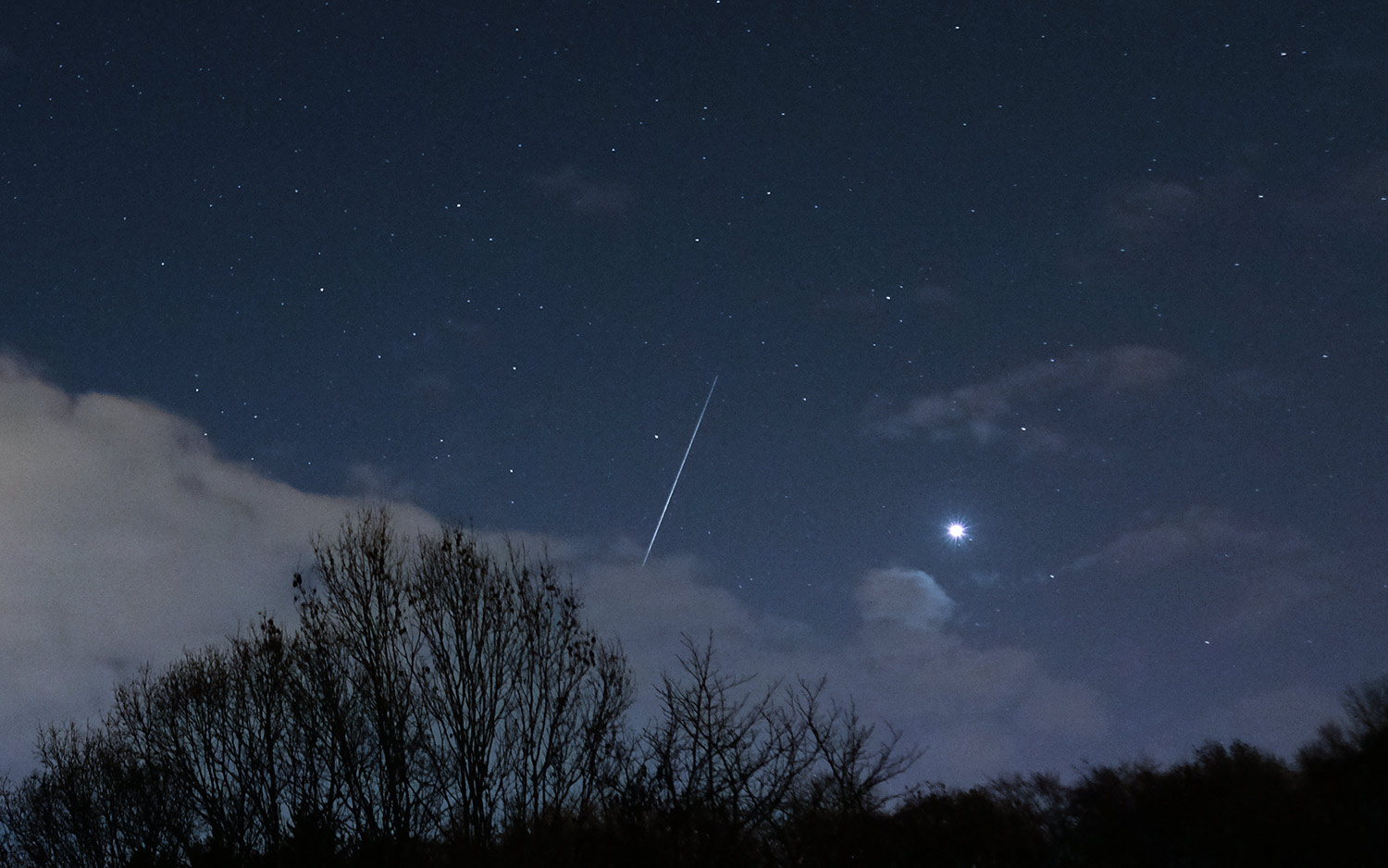
In mid-December 2018, the 2018 Geminid meteor shower peaked in what was the best meteor shower of the year. See amazing photos of the 2018 Geminids in our photo gallery here. In This image, the Geminid meteor shower lit up the sky over Saltburn By The Sea, United Kingdom, on Dec. 14, 2018.
Fire and Light
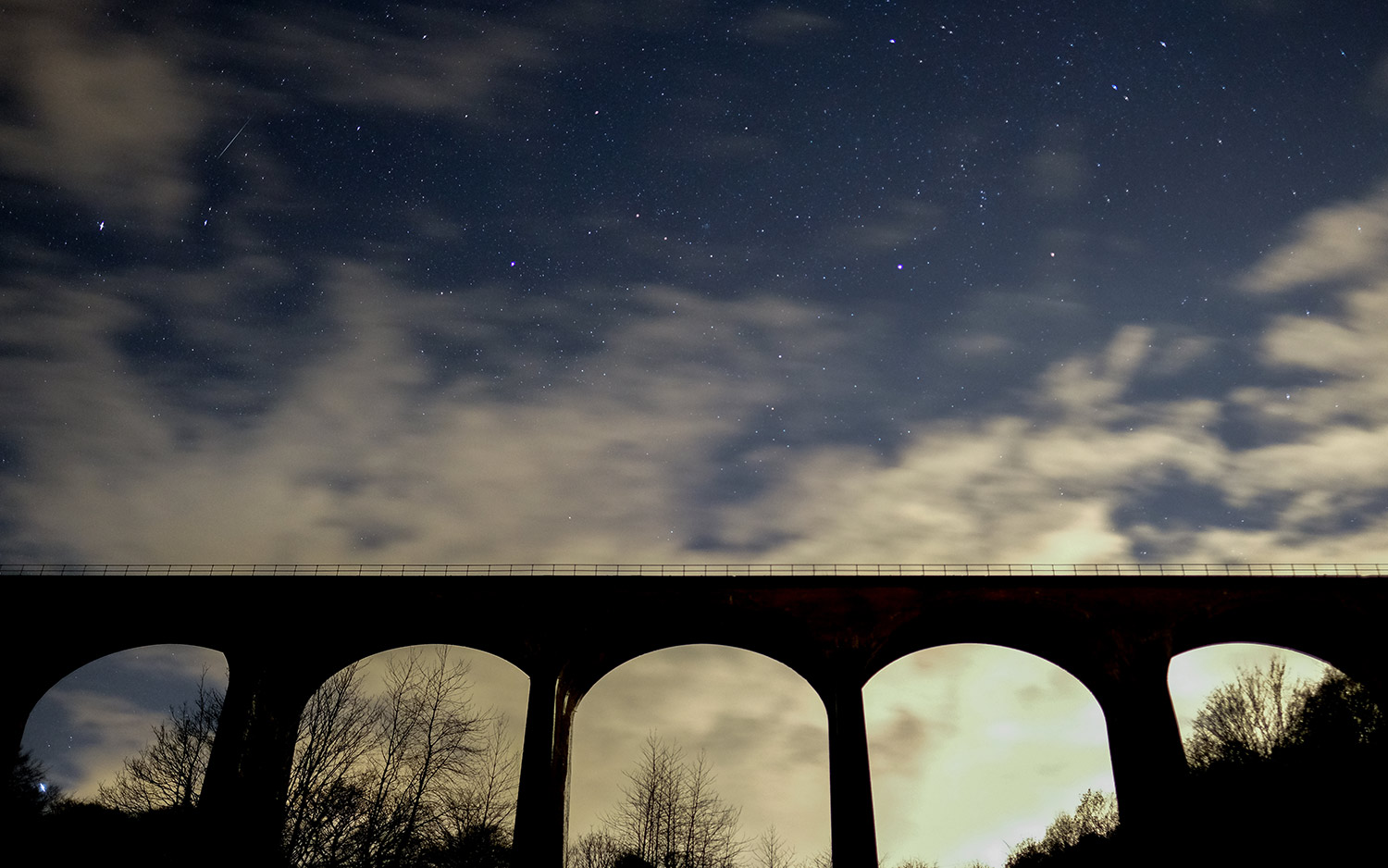
Above a railway viaduct in Saltburn By The Sea, United Kingdom, a single meteor from the Geminid meteor shower leaves a trail across the evening sky.
From a Rocky Passerby
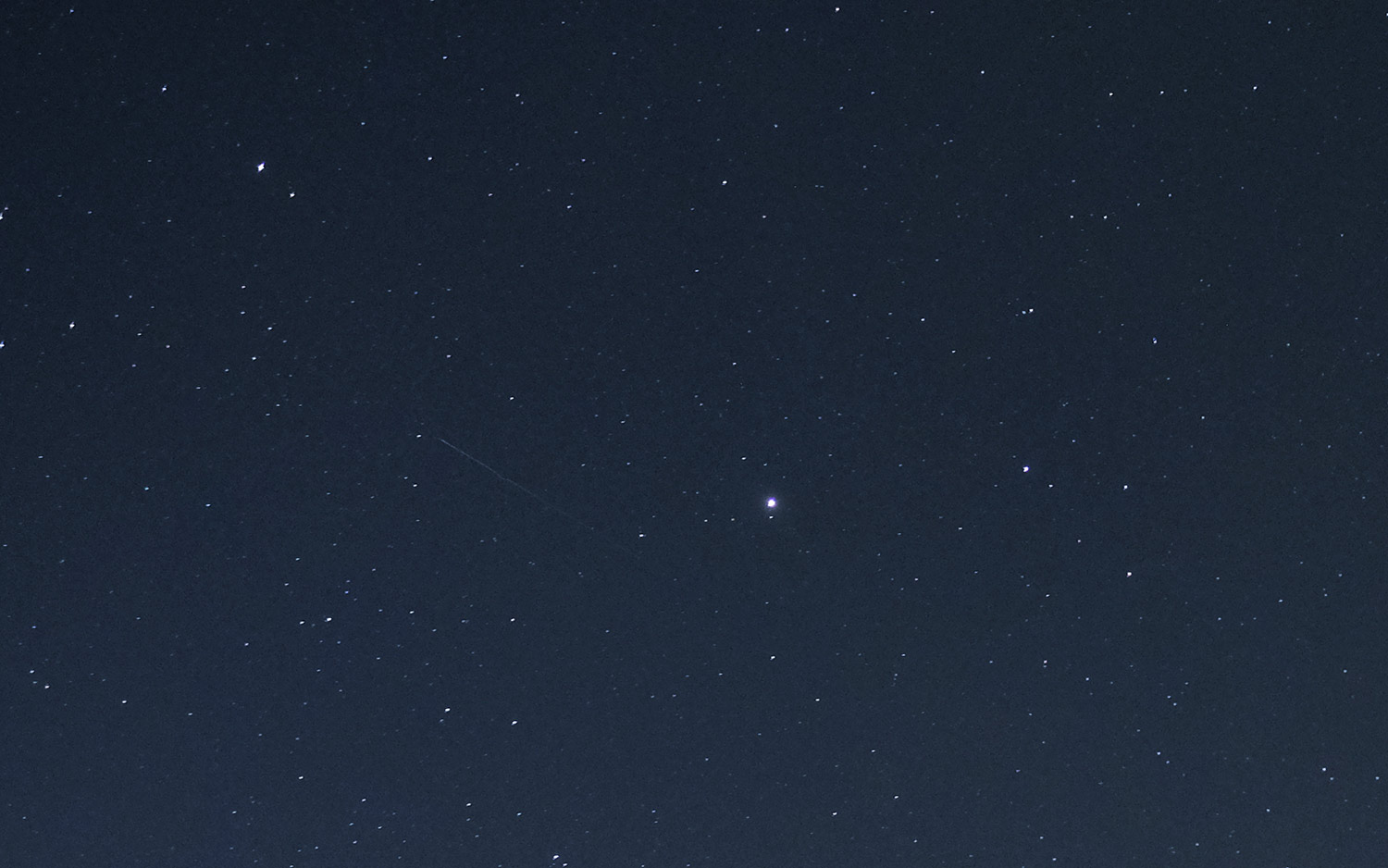
The Geminid meteor shower, originating from the 3200 Phaethon asteroid, arrives each December.
Gracing the Desert
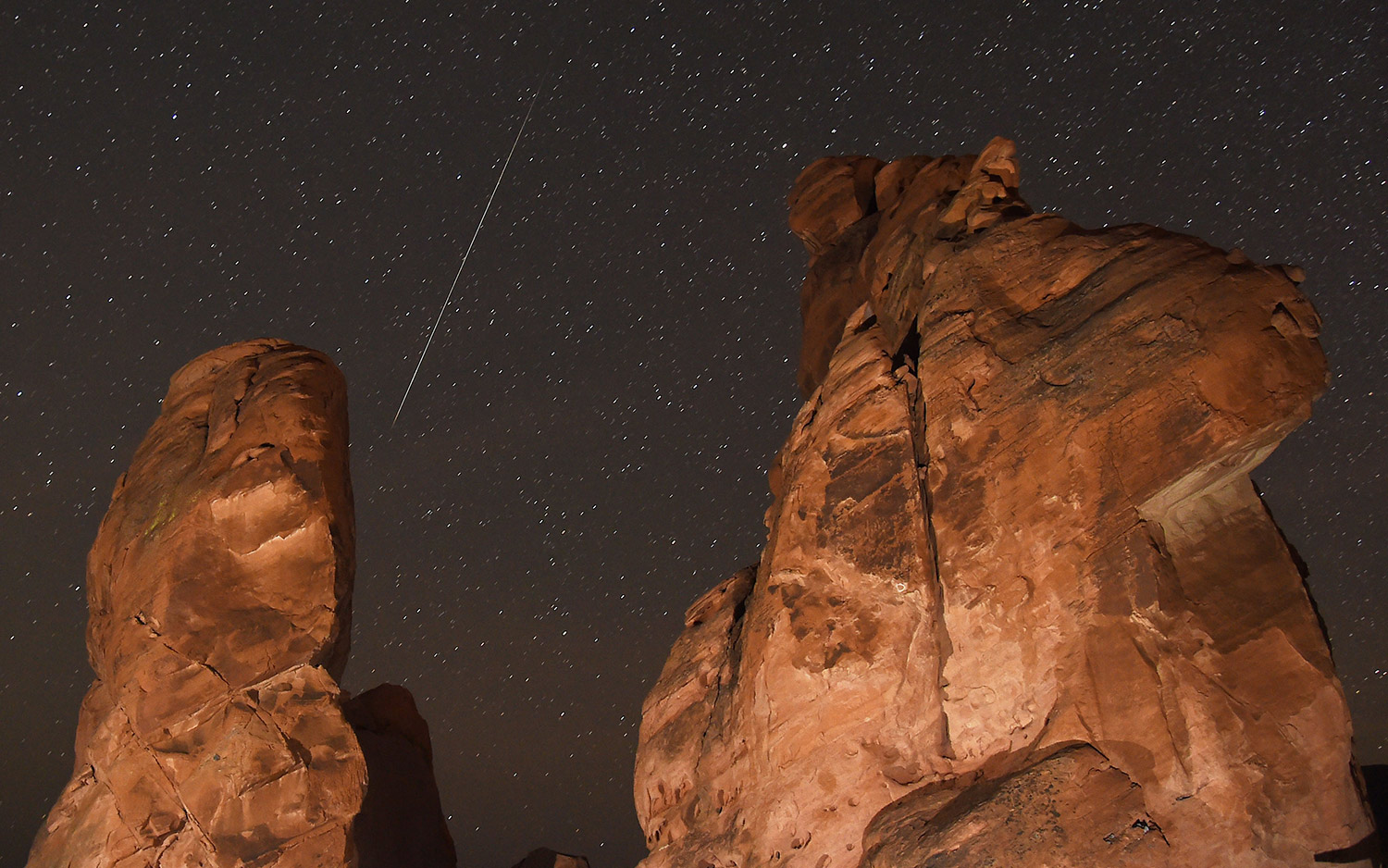
In the Valley of Fire State Park in Nevada, a long, bright meteor visits the Seven Sisters rock formation.
A Logical Name
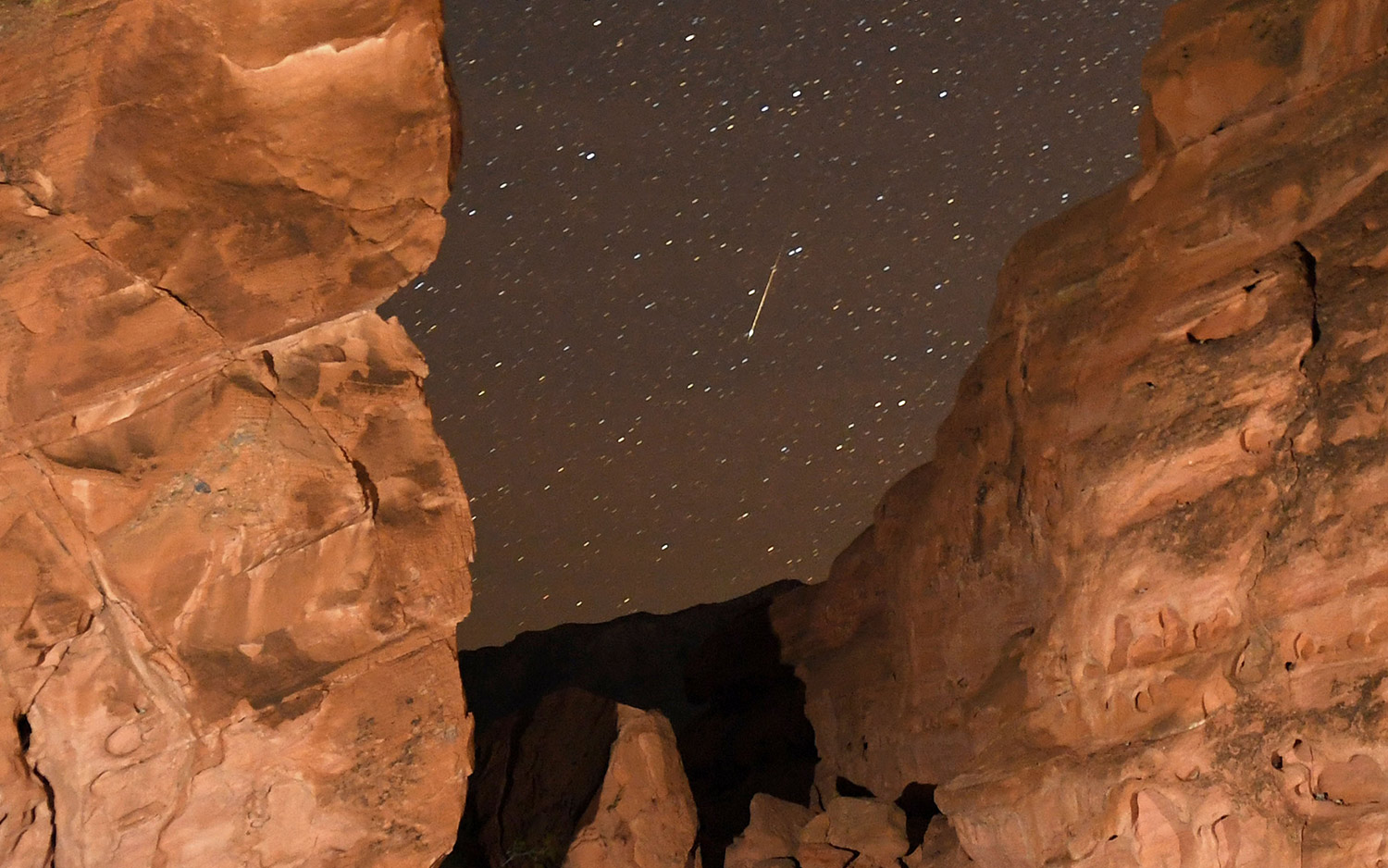
Another meteor makes its way through the night sky. The annual meteor shower gets its name from the constellation Gemini, from where the showers radiate.
Gorgeous Litter
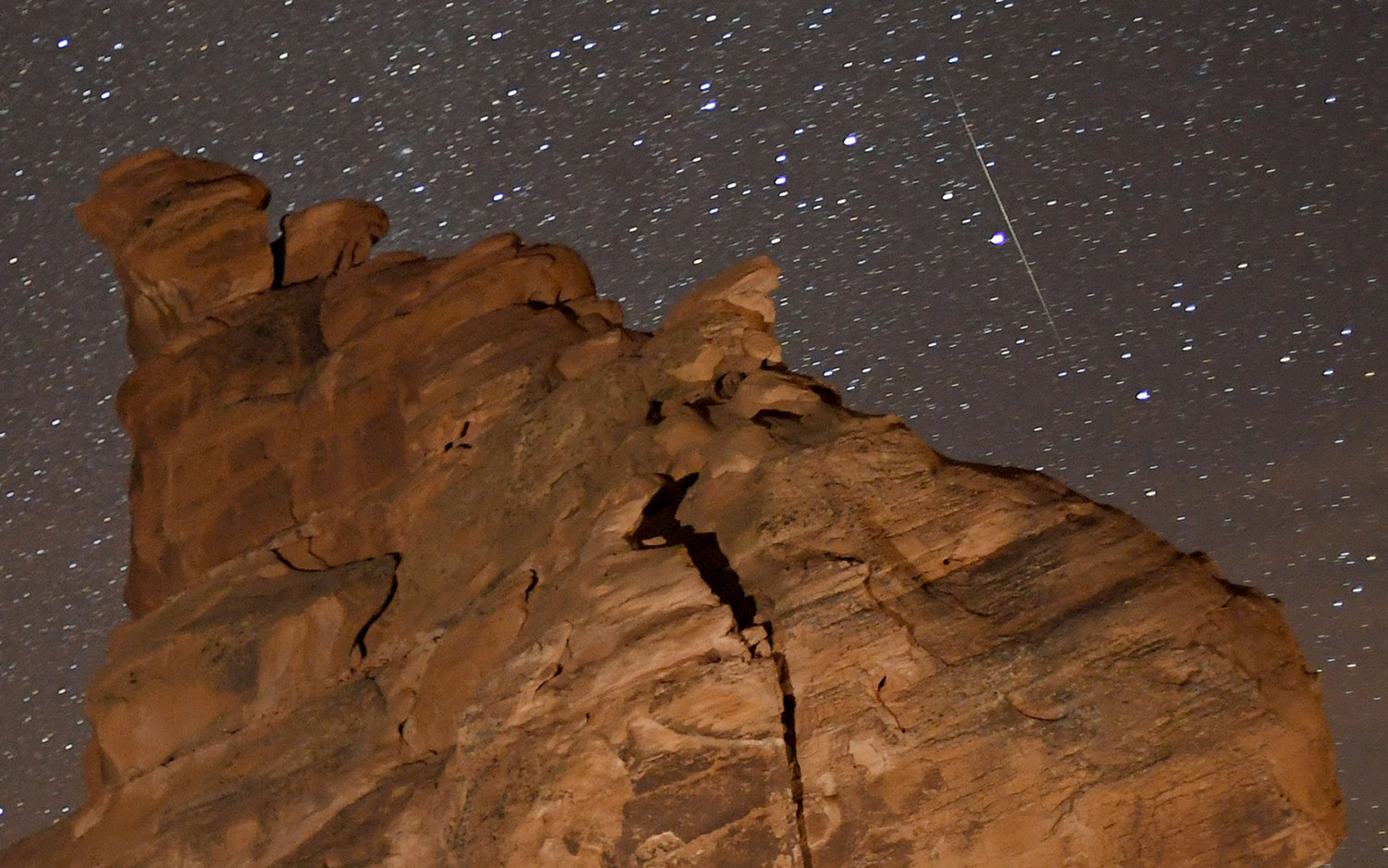
The light show is the result of debris from an asteroid called 3200 Phaethon, some of which can be as small as a grain of sand.
geminids
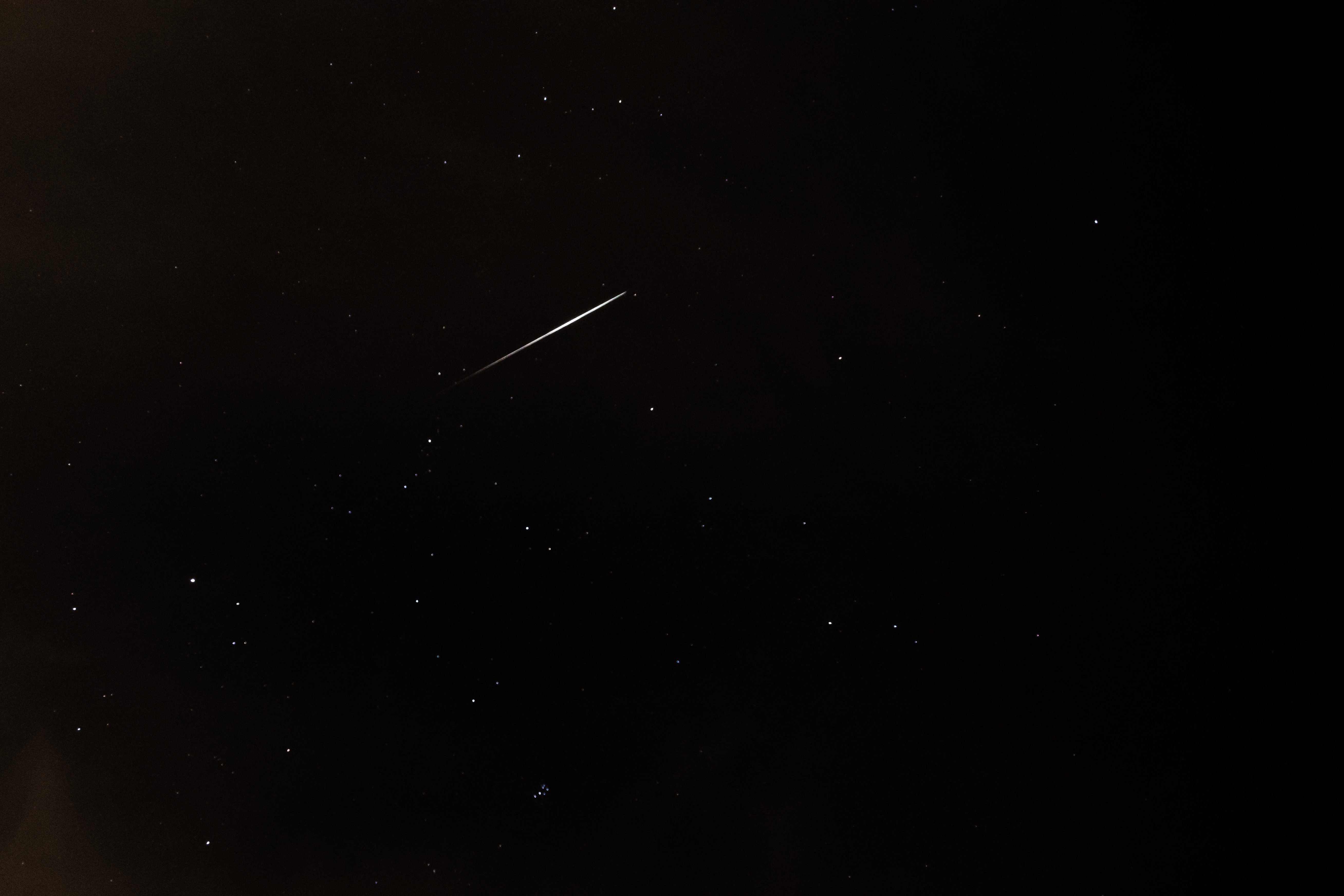
The 2018 Geminid meteor shower, as seen from Sunnyvale, California.
Get the Space.com Newsletter
Breaking space news, the latest updates on rocket launches, skywatching events and more!
A Geminid Google Doodle!
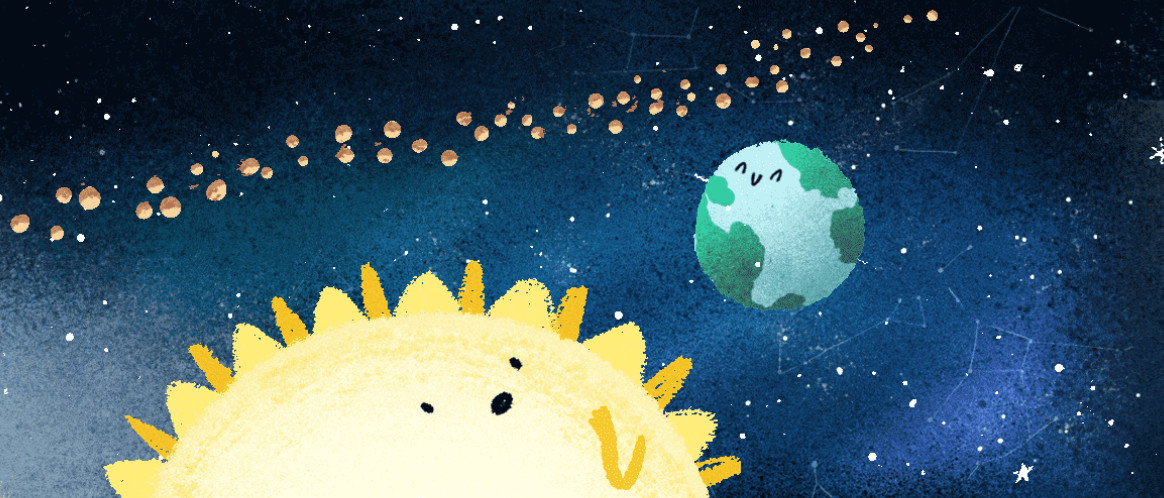
Google celebrated the 2018 Geminid meteor shower peak with an adorable Google Doodle slideshow. Read the full story.
The Source of the Geminids
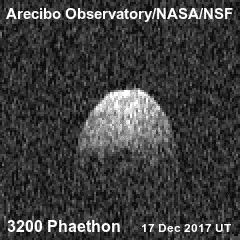
The Geminid meteor shower is made up of dusty bits from the near-Earth asteroid 3200 Phaethon, which scientists have been studying for decades. Here, the asteroid is seen in a radar view from the Arecibo Observatory in Puerto Rico.
Asteroid 3200 Phaethon orbit
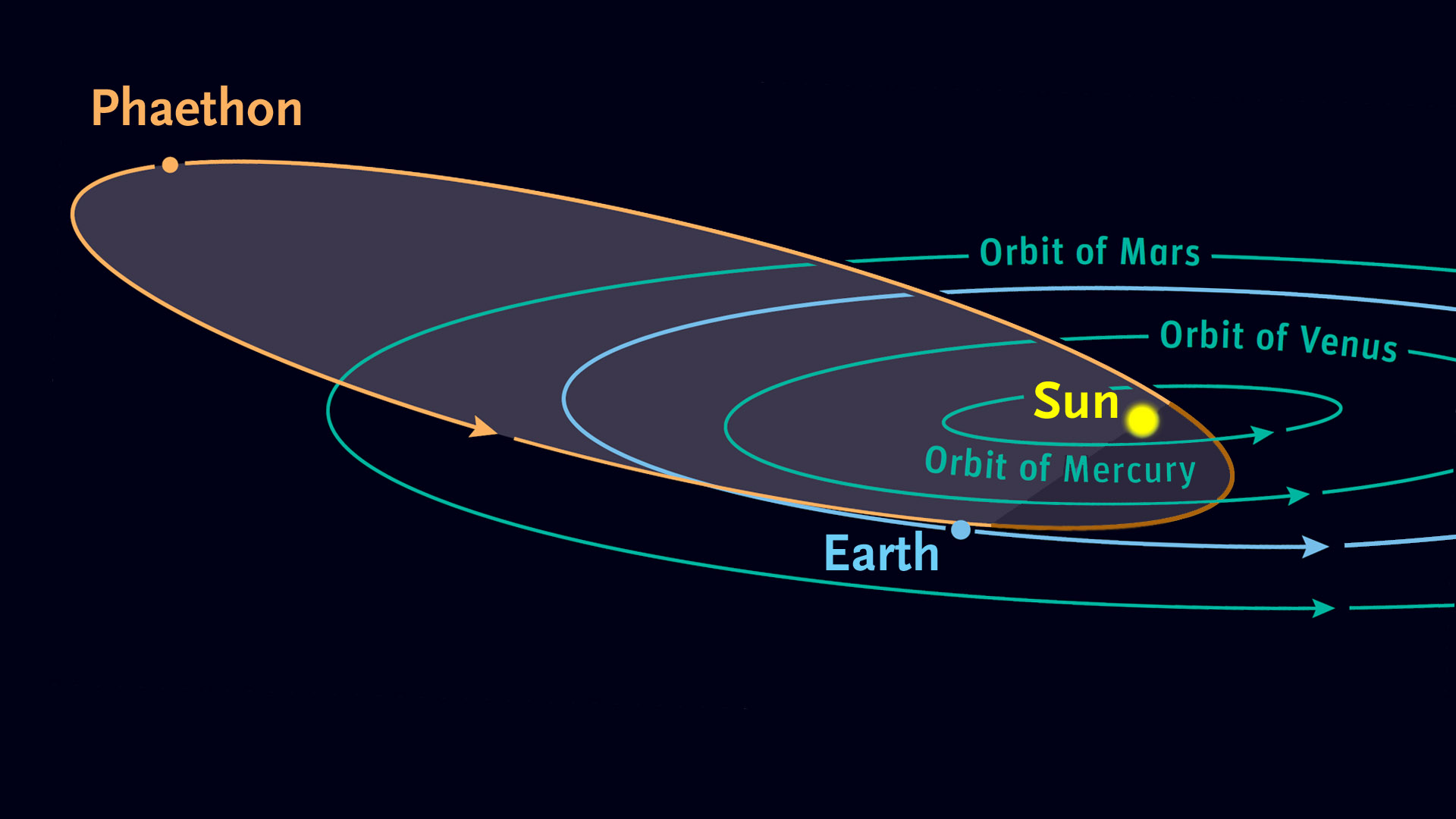
The orbit of the asteroid 3200 Phaethon, which passes around the sun once every 1.4 years. Though it is an asteroid, its elongated path is reminiscent of comets. The Geminid meteor shower comes every year when Earth passes through the debris left along the asteroid's path.
A Weird Meteor Source
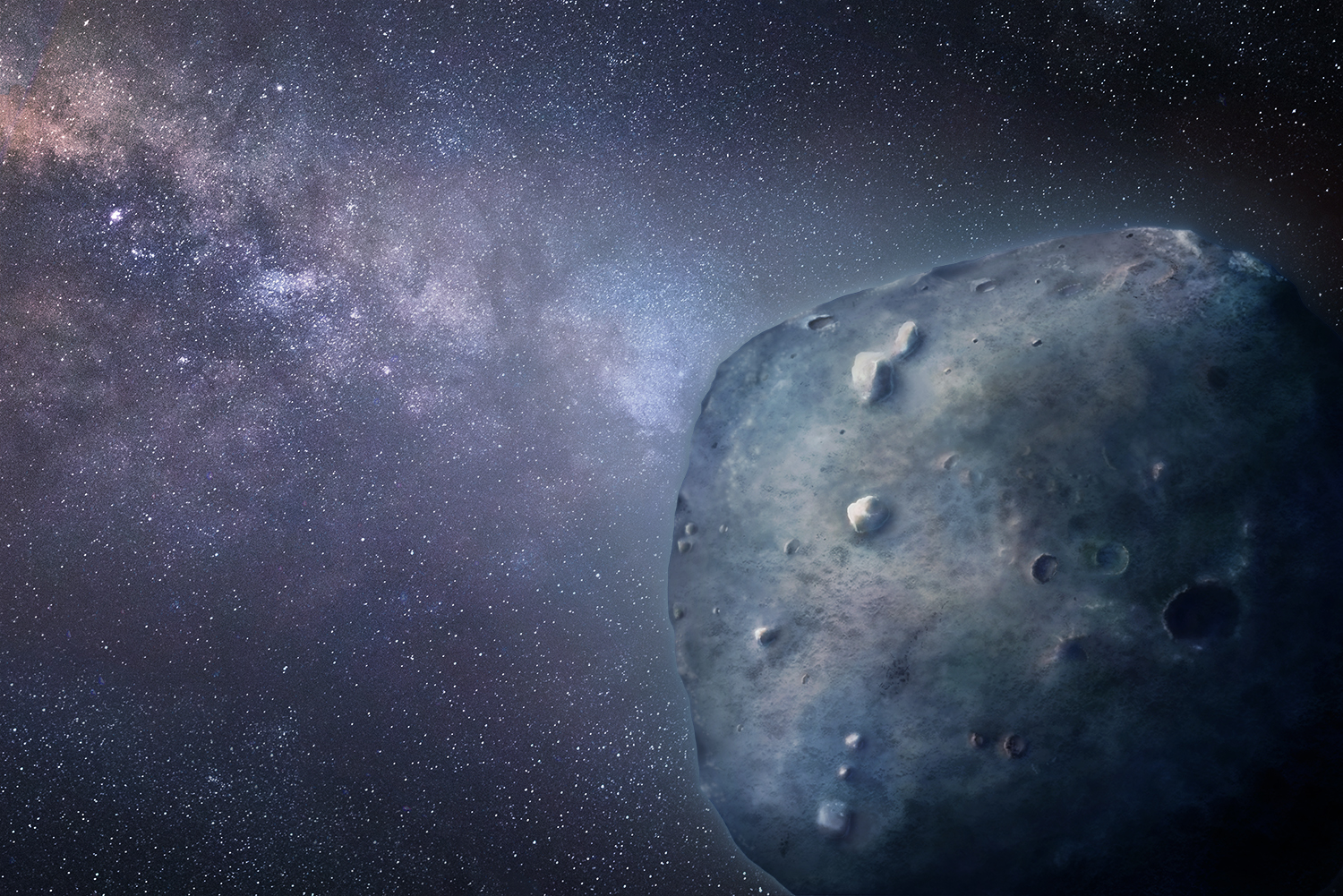
Asteroid 3200 Phaethon, the parent of the Geminids, is weird. Scientists have gone back on forth on whether Phaethon is an asteroid or comet. But one thing is certain: 3200 Phaethon is BLUE.
Join our Space Forums to keep talking space on the latest missions, night sky and more! And if you have a news tip, correction or comment, let us know at: community@space.com.

Christine Lunsford joined the Space.com team in 2010 as a freelance producer and later became a contributing writer, covering astrophotography images, astronomy photos and amazing space galleries and more. During her more than 10 years with Space.com, oversaw the site's monthly skywatching updates and produced overnight features and stories on the latest space discoveries. She enjoys learning about subjects of all kinds.









